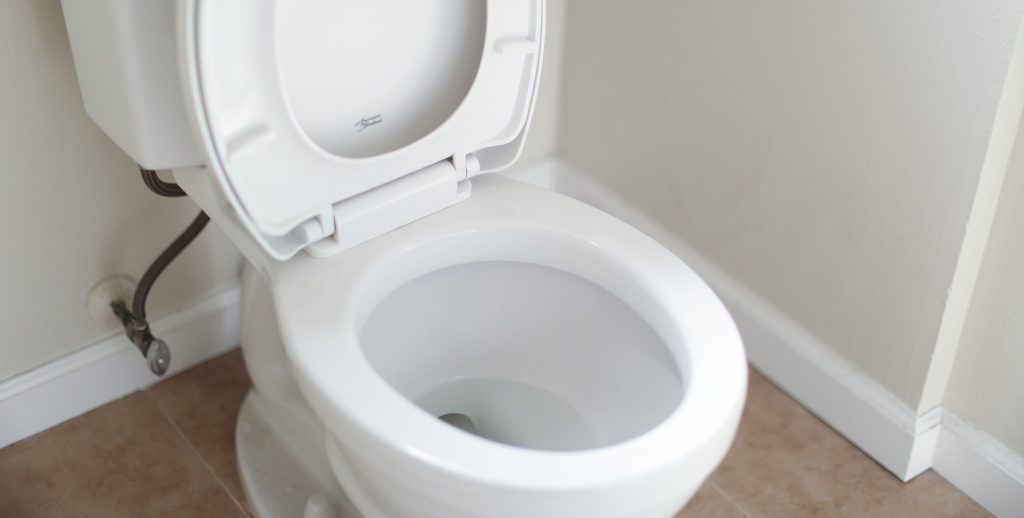The sexually transmitted infection (STI) Chlamydia is Australia’s most common STI and if left untreated can cause lasting health issues for both women and men, such as infertility in women, reduced fertility in men and permanent damage to sexual organs.
What is Chlamydia?
Chlamydia is caused by the bacterium Chlamydia trachomatis. This STI is often spread by unprotected sexual activity with someone who already has the infection and can be passed on by vaginal, penile, oral, or anal sexual contact and intercourse.
In at least 70% of Australian women there are no symptoms. During its early stages, Chlamydia in females infects the cervix and urethra causing abnormal vaginal discharge and discomfort or burning when urinating. If it is not treated, then the infection can extend to the fallopian tubes causing pelvic inflammatory disease (PID), adhesions and a potential risk of ectopic pregnancy.
In pregnant women, Chlamydia may affect development inside or outside the uterus and the baby is at risk if he or she is exposed during delivery leading to eye infections or pneumonia.
Chlamydia does not show any symptoms in approximately 50% of men. Chlamydia in males can infect the urinary tract causing swelling or inflammation of the testicles. This STI can decrease fertility in men and lead to other problems of the male reproductive system.
What are common Chlamydia symptoms?
Many people do not show symptoms or early signs of a Chlamydia infection, so it can be difficult to tell if you are infected. For those who do show symptoms, here are some of the most common:
- Bleeding between periods
- Discomfort around the tip of the penis or swollen testicles
- Unusual discharge from the penis or vagina
- Pain during sex and a burning sensation when urinating
How widespread is Chlamydia in Australia?
Chlamydia is the most reported Sexually Transmitted Infection (STI) in Australia. Notifications were higher in women than in men (441.8 versus 349.9 per 100,000) in 2017. In the same year, the rate in Aboriginal and Torres Strait Island population was 2.8 times higher than in the non-indigenous population. It increased to five times higher in remote areas according to the Kirby Institute.
In females aged 15 to 19 years old between 2011 and 2017 the Chlamydia rates declined; they remained stable for 20- to 24-year-olds but increased for the 25- to 29-year-old age group.
The following are key findings according to the Australian Government Department of Health in different geographic areas between 2013 to 2017:
- Queensland showed a steady increase from 437.8 to 488.4 per 100,000
- New South Wales had a 30% increase in Chlamydia rates
- Between 2016 and 2017 rates increased by 8% in Victoria
- Notification rates increased by 20% in major cities
Why is Chlamydia risky during pregnancy?
In a review of a group of studies by Silva et al 2011 about Chlamydia infection during pregnancy they found it was linked with an increased risk of preterm birth, low birth weight and perinatal mortality. Early and regular testing, diagnosis and treatment is vital especially before conception, but it is also advised for people of all ages and gender to give you peace of mind about your sexual and overall health.
What is the treatment for Chlamydia and is it curable?
The Australian Government Department of Health recommends regular testing for Chlamydia and if you are diagnosed then they advise you are tested for other Sexually Transmitted Infections (STIs). Chlamydia is curable and can be treated with a short course of antibiotics.
With Better2Know, if you test positive for Chlamydia or any other sexually transmitted infection, then we can refer you to one of our medical partners, who will offer you specialists services for treating your infection.
Confidential testing for Chlamydia and other common STIs
If you would like a Chlamydia test or if you have any queries about STI testing and HIV testing then please speak with one of our highly trained advisors, either by phone using the number at the top of this page, or through our live online webchat.
Better2Know can make you an appointment at a sexual health clinic near you and arrange discreet and confidential consultations and appointments. We offer a wide range of tests and comprehensive screens such as our Comfort Screen or Platinum Screen to meet your needs. Your well-trained and knowledgeable advisor is available to assist you with your sexual health concerns 24 hours a day, 7 days a week.
Sources
[1] Australian Government Department of Health: Pregnancy Care Guidelines Chlamydia





